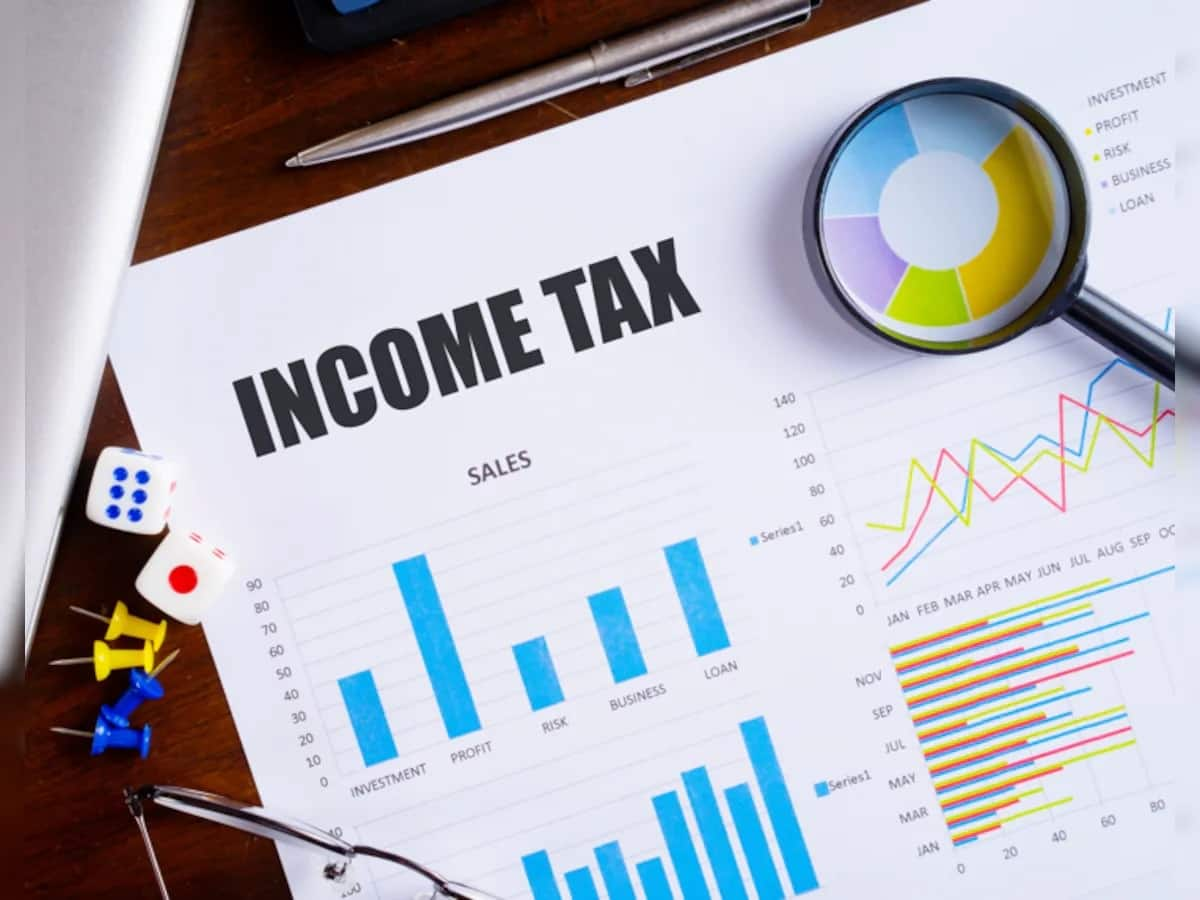
The government has given great relief in income tax in the union budget. Finance Minister Nirmala Sitharaman announced on 1 February that people with income up to Rs 12 lakh annually will not have to pay tax. This means that people with income up to Rs 1 lakh every month will be exempted from paying tax. This relief is more than expected of taxpayers. Before the budget, it was expected that the government would give relief in income tax. However, no one expected so much relief. The question is that if the taxpayer’s income of 12 lakhs includes a capital gence of 4 lakhs, then its tax will be zero?
What did the Finance Minister say on 1 February?
Finance Minister Nirmala Sitharaman (Nirmala sitharaman) On February 1, it said, “Income tax new regimen has income up to Rs 12 lakh (it is Rs 1 lakh per month income, which does not include specific rates like capital gence) but no longer pay any tax but no longer pay any tax. This limit will be Rs 12.75 lakh for the class. It is clear from this statement of the Finance Minister that tax on income up to Rs 12 lakh will be zero only when the income of the capital gence is not included in the income.
Understand this by example
This can be understood by an example. Suppose a person’s annual income is Rs 12 lakh. This includes salary income of 10 lakhs and a capital gain of Rs 2 lakh. In such a situation, his income of Rs 10 lakh will be tax-free. However, a capital gains of Rs 2 lakh will be considered an income with a special rate and it will be taxed. On the income of 10 lakhs, he will get a rebate of section 87A, which will make his tax zero. However, the capital gain on the capital gains of 2 lakhs will be taxed according to the tax rule.
Capital Gens Tax Rules
There are two types of capital gains. Short Term Capital Gens and Long Term Capital Gens. The tax rules on the capital gains vary from different assets. Selling shares and equity mutual funds of companies listed in the stock market is levied on a short -term capital gains tax. The tax rate on this is 20 percent. Long -term capital gains tax rules apply on selling after 12 months. Its rate is 12.5 percent. However, long -term capital gains tax is levied only when a taxpayer’s lat -term capital gence is more than Rs 1.25 lakh in a financial year.
Also read: SGB: Government closed ‘Sovereign Gold Bond’ scheme, now which is the best scheme for investment in gold?
Different rules of Capital Gens on Property
Capital Gens Tax rules on property are slightly different. If the property is sold before 24 months, then short -term capital gains tax rules apply to it. If the property is sold after 24 months, then the rules of long term capital gains tax apply to it. Short term capital gains are added to taxpayer income. Then it is taxed according to the tax slab. The tax on long term capital gains is 12.5 percent.